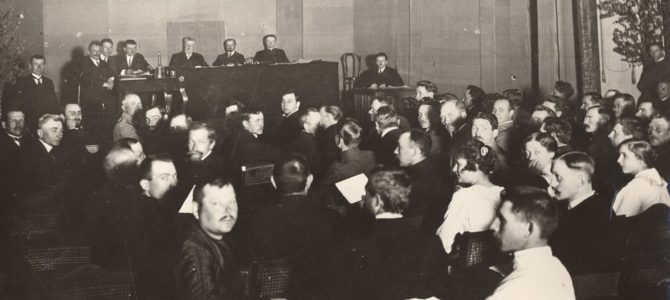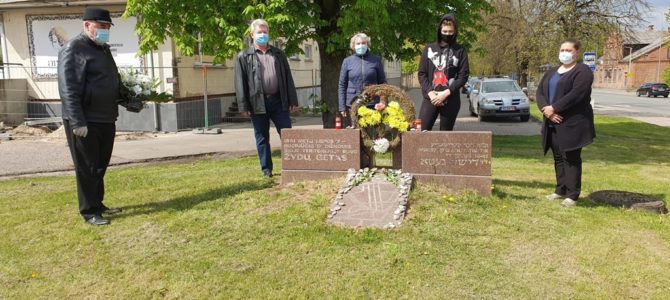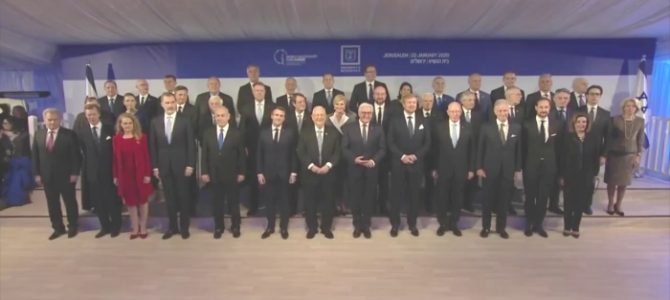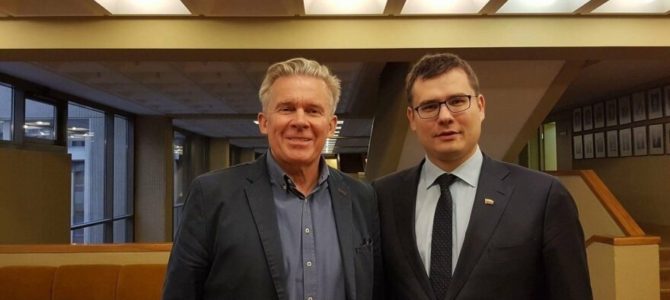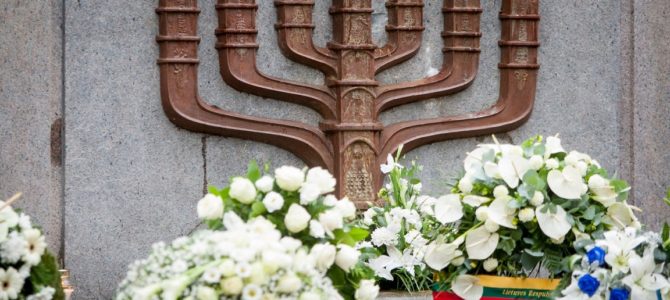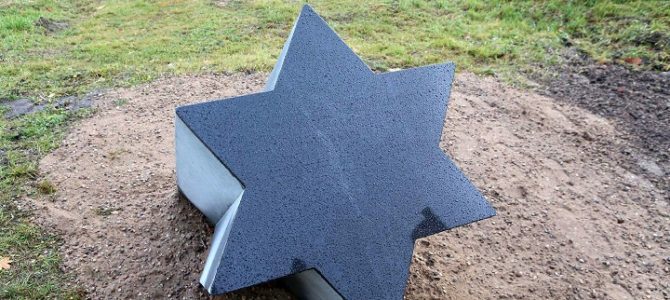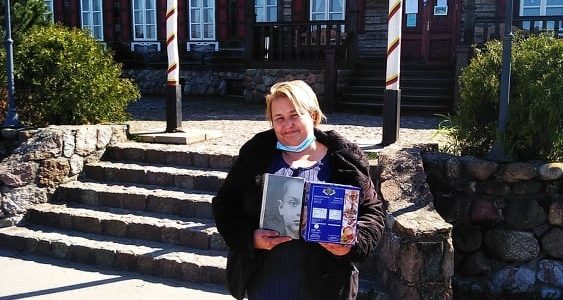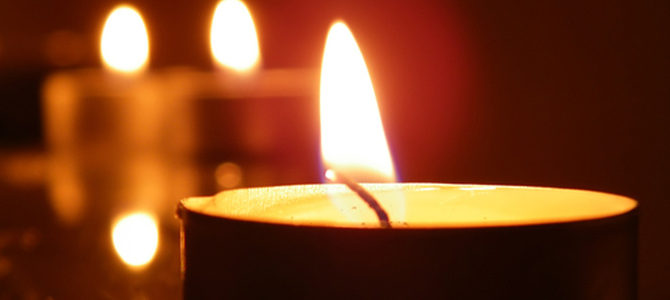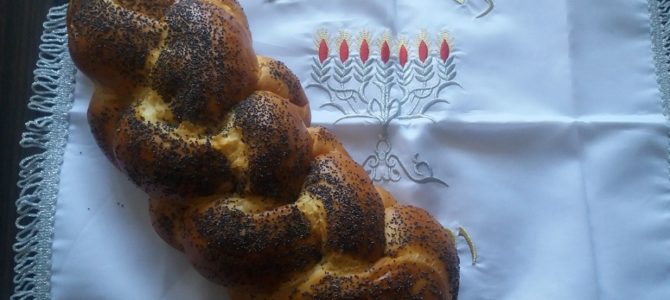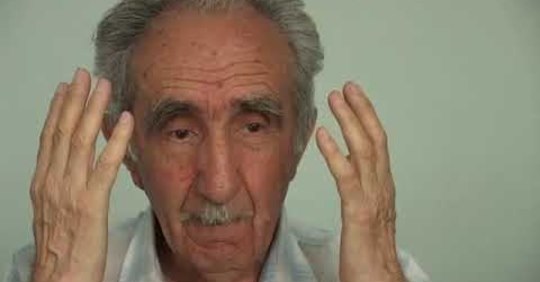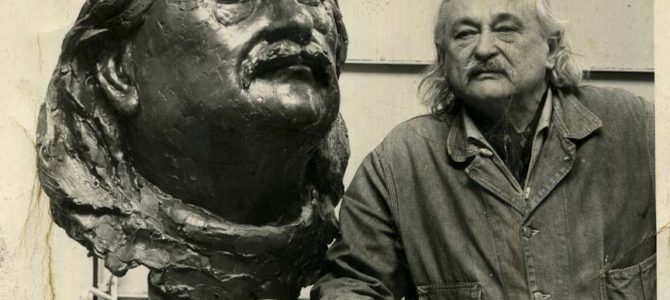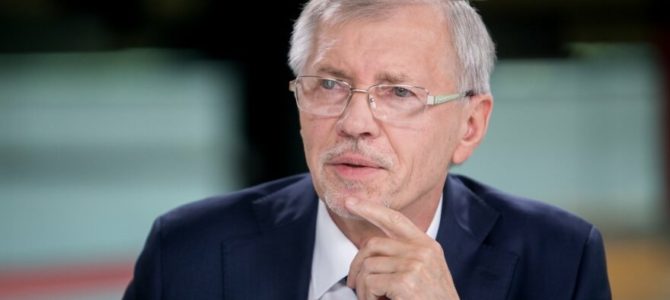Dear Lithuanian Jewish Community chairwoman Mrs. Faina Kukliansky, dear Lithuanian Jewish Community,
We mark the 300th anniversary of that most exalted Litvak, Eliyahu ben Solomon Zalman, the Vilna Gaon. The parliament of the Republic of Lithuania named this year, 2020, the Year of the Vilna Gaon and Litvak History, to stress the priceless contribution the Jewish community, an inseparable part of our society for 700 years now, has made to Lithuania’s history, culture, learning and consolidation of statehood through your adherence to tradition and social activity.
In all times there have been people who do not conform to the canons of their era, who through their creativity and unconventional thinking have changed the world. The Jewish people have given so much to the world. One of them, the Gaon or Genius of Vilna, Eliyahu ben Solomon Zalman, was a scholar of Jewish texts and law and a Talmud interpreter and scholar. This was a brave challenge during his times but, happily, Eliyahu grew up in an intellectual environment and was supported by his family and appreciated by the community. Rumors about the young sage and his intellect spread far beyond the limits of Vilnius. The Vilna Gaon became the most renowned religious authority and he changed people’s life paths, thought and the concept of Litvak, and turned Vilnius into a Jewish spiritual center, the Jerusalem of Lithuania. This is a priceless historical, cultural and philosophical legacy of the Jews and Lithuanians of Vilnius and Lithuania and of the other peoples who live in Lithuania.
The Year of the Vilna Gaon and Litvak History is a great opportunity for all of us today, in the words of the Gaon, “to see with our own eyes, hear with our own ears and feel with our entire heart” what significant and rich heritage we have in creating the Lithuania of our future. Congratulations!
[signed]
Gediminas Kirkilas, deputy speaker, chairman of the European Affairs Committee
Lithuanian parliament


